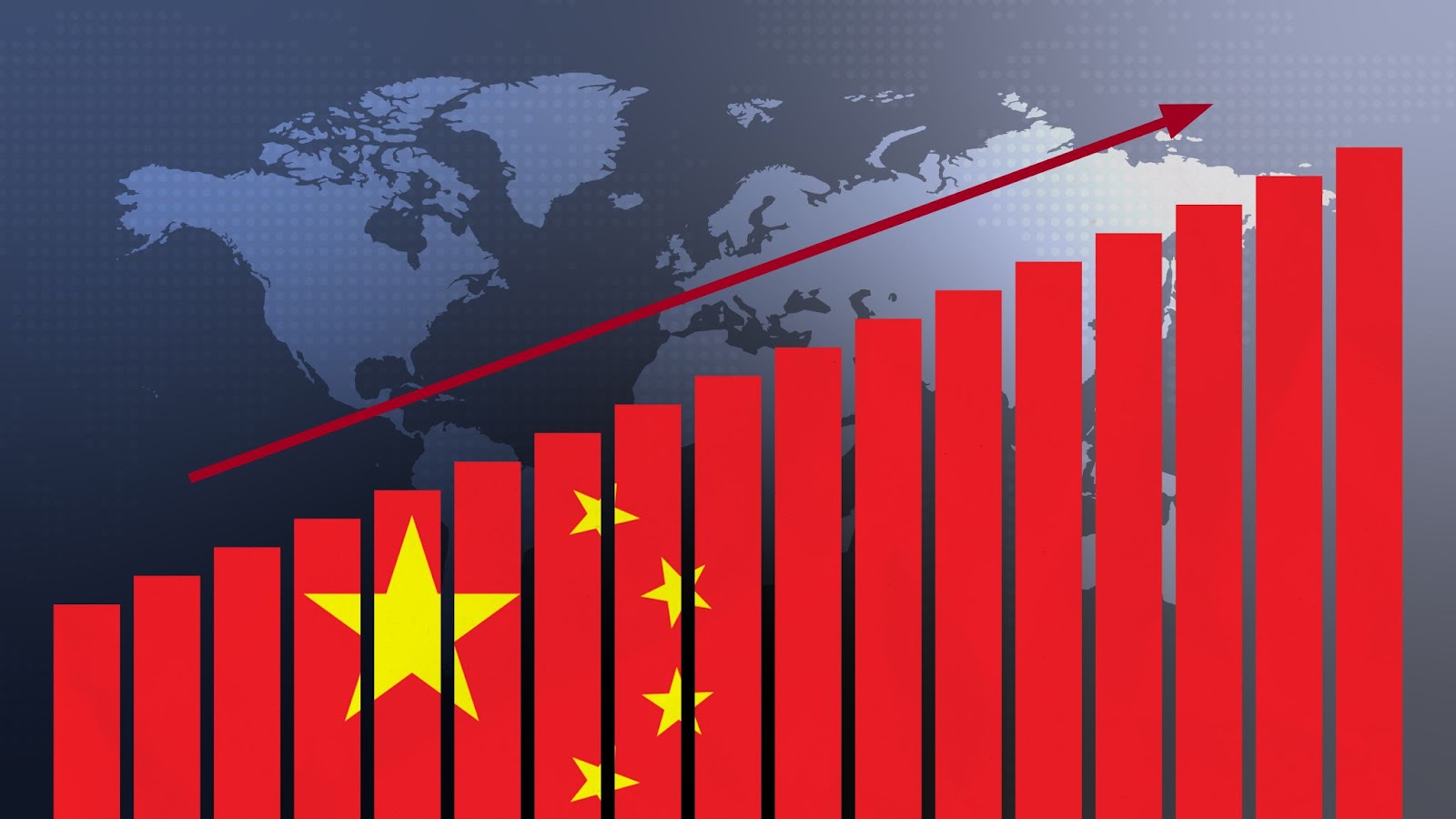Chinese Stock Market Faces Historic Capital Outflows Amid Stimulus Efforts
20.10.2024 13:00 2 min. read Alexander Stefanov
Capital outflows from the Chinese stock market have reached historic levels, with a staggering $4.1 billion exiting the market in just one week—the highest amount in over nine years.
This development comes amid a period of increased volatility, as the market reacts to government stimulus measures. Data from Bank of America Global Investment Strategy reveals a shift in sentiment, indicating that 2024 has been marked by instability compared to the more stable conditions that prevailed before 2021.
BREAKING 🚨: China
Chinese Stocks just saw a weekly outflow of $4.1 billion, the largest outflow in more than 9 years pic.twitter.com/d2UJ10srFq
— Barchart (@Barchart) October 19, 2024
These outflows occurred after a brief surge in October, which was initially sparked by government efforts to boost the equities market. On October 18, the People’s Bank of China launched two funding schemes to inject about $112.38 billion into the stock market, aiming to foster capital growth.
While there was a rally of over 20% following the initial stimulus package announced on September 24, this was followed by a 12% correction when additional fiscal measures did not materialize.
Despite the outflow trend, Chief Market Strategist Gabriela Santos reported net inflows of $12.7 billion into Chinese equities between September 24 and October 14, partially due to the stimulus announcements. She noted that foreign investors may increasingly look to China as they shift their focus away from other markets, such as Japan and India. However, sustaining this trend will depend on further fiscal support and structural reforms from the Chinese government.
Before these recent interventions, the market was already grappling with challenges such as a slowing economy, a real estate crisis, and rising geopolitical tensions, which led to record foreign withdrawals of $15 billion from equities in the second quarter. Many investors missed the opportunity to capitalize on the recent market rebound.
-
1
At Least Five Law Firms Target Former Strategy Over Misleading BTC Risk Disclosures
28.06.2025 10:30 2 min. read -
2
Binance Could Introduce Golden Visa Option for BNB Investors Inspired by TON
07.07.2025 8:00 1 min. read -
3
Weekly Recap: Key Shifts and Milestones Across the Crypto Ecosystem
06.07.2025 17:00 4 min. read -
4
Trump Imposes 50% Tariff on Brazil: Political Tensions and Censorship at the Center
10.07.2025 7:00 2 min. read -
5
U.S. Dollar Comes Onchain as GENIUS Act Ushers in Digital Era
20.07.2025 17:56 1 min. read
FTX Sets Next Data for Creditor Distribution
FTX Trading Ltd. and the FTX Recovery Trust have announced August 15, 2025 as the official record date for their next round of distributions.
Tesla Q2 Earnings Surge on Bitcoin Rally and AI Growth
Tesla stunned investors in Q2 2025 with a $1.2 billion profit, nearly tripling its previous quarter’s net income.
Jack Dorsey’s Block Joins S&P 500, Surges 10%
Block Inc. (NYSE: SQ) officially joined the S&P 500 on July 23, replacing Hess following its $54 billion acquisition by Chevron.
CoinShares Becomes First MiCA-Authorized Crypto Asset Manager in Europe
CoinShares, Europe’s top digital asset investment firm with over $9 billion in AUM, has secured full authorisation under the EU’s new Markets in Crypto-Assets (MiCA) regulation.
-
1
At Least Five Law Firms Target Former Strategy Over Misleading BTC Risk Disclosures
28.06.2025 10:30 2 min. read -
2
Binance Could Introduce Golden Visa Option for BNB Investors Inspired by TON
07.07.2025 8:00 1 min. read -
3
Weekly Recap: Key Shifts and Milestones Across the Crypto Ecosystem
06.07.2025 17:00 4 min. read -
4
Trump Imposes 50% Tariff on Brazil: Political Tensions and Censorship at the Center
10.07.2025 7:00 2 min. read -
5
U.S. Dollar Comes Onchain as GENIUS Act Ushers in Digital Era
20.07.2025 17:56 1 min. read


